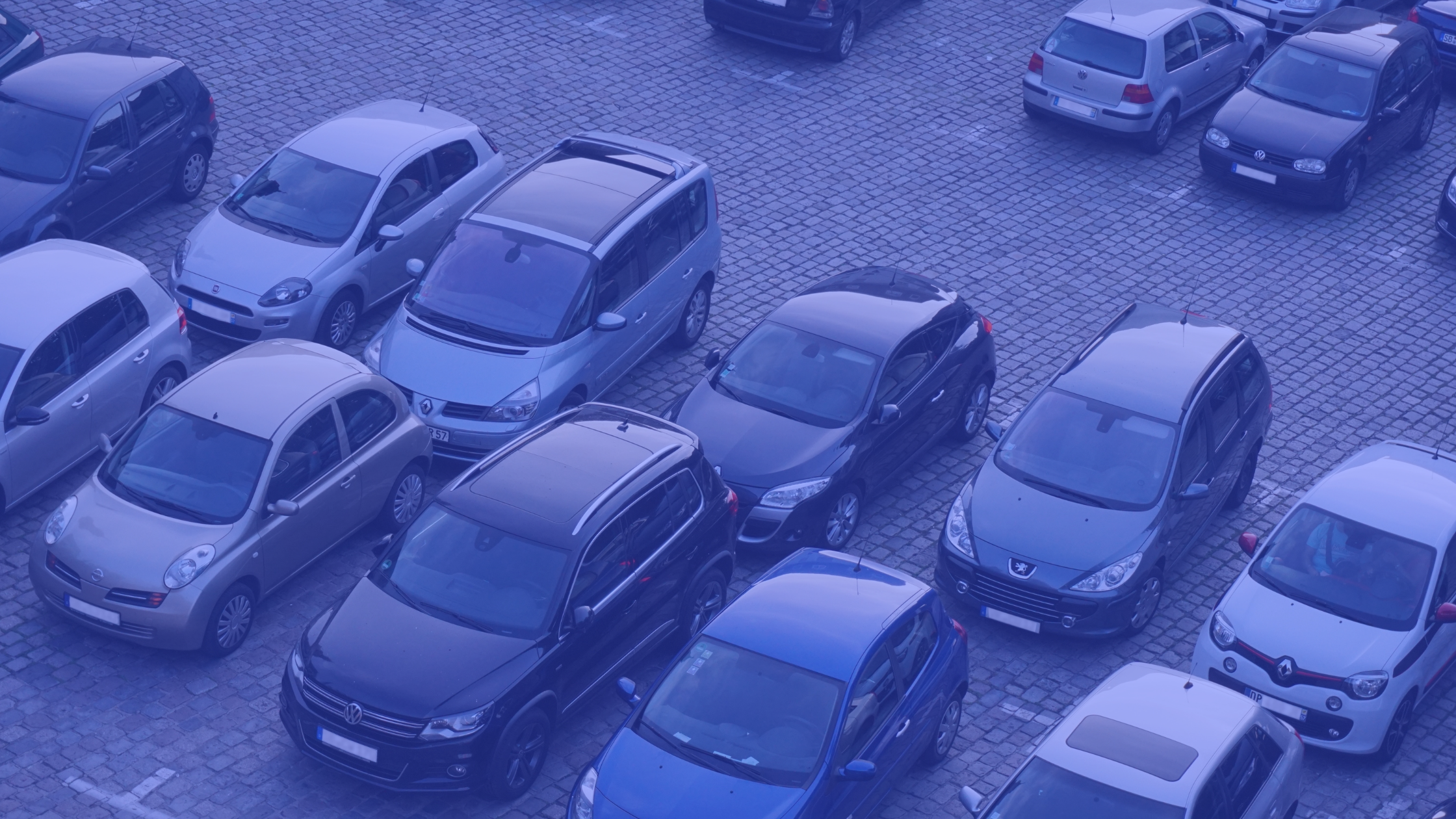The implementation of modern parking systems utilizing mobile applications and Bluetooth technology is not only a step towards more effective management of urban parking spaces but also a significant contribution to environmental protection. Here are some key ecological benefits that result from the adoption of these technologies:
Reduction of paper usage
Transitioning to a digital parking process eliminates the need for paper tickets and cash transactions. This change not only reduces paper waste but also lessens the need for physical infrastructure required to manage and store these tickets. It is a step towards sustainable development, reducing waste and the need for continuous production of paper materials.
Lower energy consumption
Traditional parking systems rely on heavy equipment such as ticket machines and barriers, which consume significant amounts of energy. Systems based on mobile applications and Bluetooth technology minimize the need for such equipment, thereby lowering the overall energy footprint associated with their production, maintenance, and operation.
Reduction of resource consumption
Reducing physical components in parking systems leads to lower consumption of metals, plastics, and electronic waste. Over time, this contributes to lesser depletion of natural resources and a smaller environmental impact from the production and disposal of these materials.
Efficiency and reduced traffic congestion
Mobile applications can direct drivers straight to available parking spaces, minimizing the time spent searching. This reduces fuel consumption and vehicle emissions, contributing to improved air quality and reduced greenhouse gas emissions.
Impact on the product life cycle
Fewer physical components requiring maintenance and replacement significantly reduce the environmental impact of the parking system throughout its life cycle—from production, transport, and installation to maintenance and disposal.
Scalability and flexibility
Software solutions are easy to update and scale without significant changes to physical infrastructure. This allows for more dynamic management of parking resources and potential integration with other smart city systems, bringing further environmental benefits.
Promoting alternative forms of transportation
Effective parking management can also promote the use of public transport, carpooling, or electric vehicles, supporting eco-friendly transportation options and contributing to the sustainable development of cities.
The introduction of these systems not only meets the needs of urban planning and space management but also represents a step forward in the pursuit of a more sustainable future.









